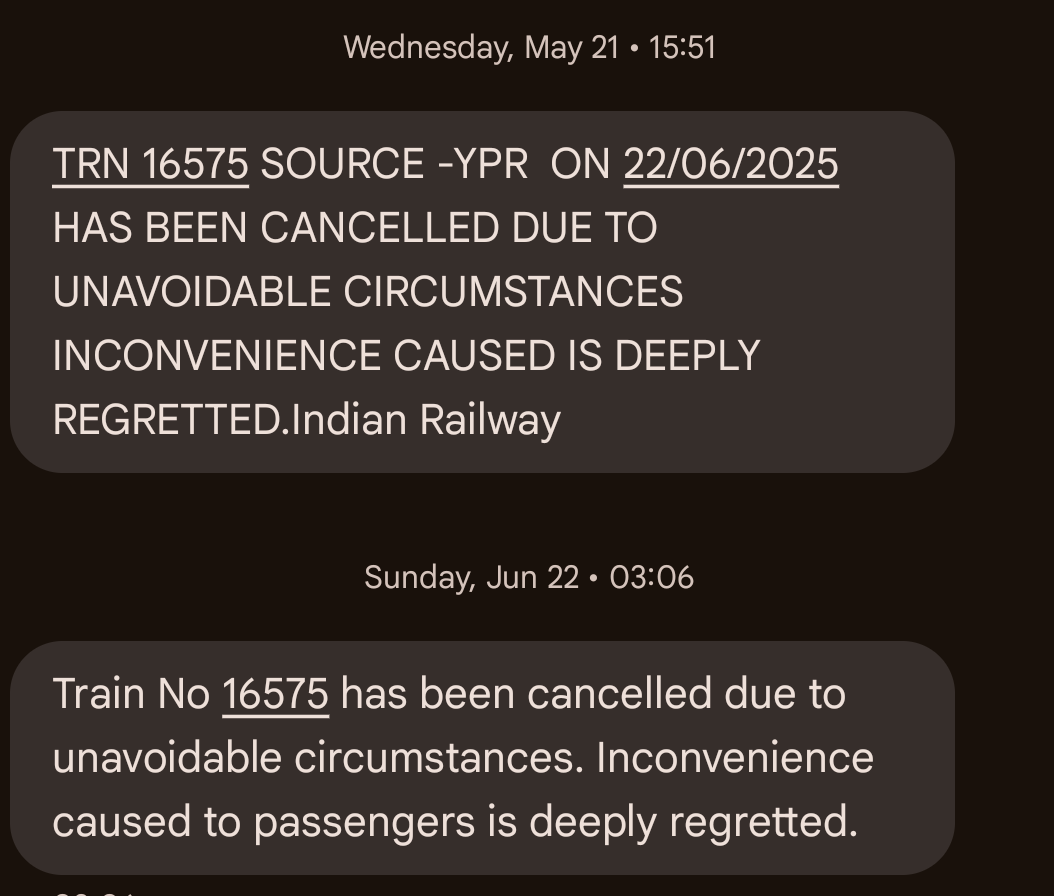The importance of being earnest
- Last Updated : October 31, 2025
- 92 Views
- 5 Min Read

There's a Tamil phrase that goes, "oru vaelaiyai kadamaikkendre seivadhu." It's used to describe the way a person performs an action or a task. The word kadamai means duty, but if you assume that the phrase means to perform an action with responsibility or a sense of duty, you'd be wrong. It means to do something out of obligation and not out of genuine interest or enthusiasm—a perfunctory action or gesture lacking earnestness.
One of our recent articles was about the five elements that are central to CX: ease, education, ethics, ecosystem, and empathy. Earnestness is another element that's important to CX, but we didn't explore it in detail because it's essentially part of empathetic behavior and strategy. However, it's still important enough that it warrants an article exclusively for itself.
So why does earnestness matter in CX? Let's explore.
Earnestness in effort is something that customers can easily discern through observation. To what length would a salesperson go to help fulfill a customer's need? Is a support agent actually doing everything in their capacity to solve a customer issue? Has enough thought gone into the design of a certain product? Customers can intuit the answers to these questions while interacting with a business, and what they sense through their interactions is what sets the tone for the rest of their journey. In fact, customers don't mind giving second chances to businesses even after a negative experience if they get to see sincere and genuine effort from the representative. And that's what makes earnestness crucial—in every step of the customer journey.
What earnestness looks like...
To put it simply, earnestness is the quality of being sincere and genuine in the effort one puts into their work. The more sincere the effort, the more appreciation there is for the outcome—which, needless to say, leaves a positive impression on customers and makes them want to do more business with you and refer others to you.
Now let's look at what earnestness looks like in different facets of the customer journey.
In communication
When it comes to customer communication, the things that matter most are clarity, proactivity, and comprehensiveness. There shouldn't be any room for confusion in what you tell your customers; you need to convey the message in a timely manner and include all necessary information in your communication.
For instance, let's look at this SMS from IRCTC, the organization that manages Indian railways. I received it earlier this year when a train for which I had booked tickets was cancelled for a period of four months.

I received this message ahead of time, which was good because I could then start making other arrangements. However, I still felt anxious, because there was no information about how and when the refund for my tickets would be processed. I had to contact the organization via X in order to find the answer to my question. Only after knowing the refund details was I able to heave a sigh of relief. And I was just one person; there would have been thousands of other passengers who would have received this same message and felt the same anxiety that I did.
Earnestness in communication considers the emotions of customers and addresses them proactively. It means reaching out to customers before they reach out to you. It means owning up when a negative experience occurs and issuing a sincere apology.
In marketing
Given that marketing is about creating awareness and trying to acquire more customers, one would assume that businesses would put in their best effort to get the word out about their brand. However, you might be surprised by how several brands—irrespective of size or marketing budget—make half-hearted efforts at it. This is especially prominent and evident in a country like India, which is vastly diverse. Each state has its own language and culture, and often, brands don't tailor their marketing/advertisement efforts to suit the region. Or even if they do, the output is either half-baked (taglines and phrases filled with errors), nonsensical (transliterated/poorly translated sentences that make no sense in other languages), or appeals to stereotypes. In their hurry to gain market share, these brands take shortcuts or put out poorly reviewed campaigns that create negative impressions of themselves and defeat the very purpose of marketing activities.
Earnestness in marketing means hiring/collaborating with that language expert for your hyper-local campaigns and not just copy-pasting lines from online translation tools. It means understanding the people of a region better through direct market research and not through movies or fiction. It means that you speak their language and not merely speak in their language.
In inclusivity and sustainability
These are CX facets wherein organizations run the risk of being tokenistic or perfunctory in execution, and this is where earnestness matters the most. For one, both inclusive CX initiatives and sustainability measures require huge investments in terms of money and effort. Adding to that, you can reap the returns of these efforts only in the long run and not immediately. For these two reasons, most often organizations tend to push inclusivity and sustainability initiatives to the backburner or do it half-heartedly, despite the standards and guidelines—and even compliance requirements—in place. Remember the emissions scandal, also known as Dieselgate? The automaker involved had to pay over $30 billion in fines and damages. However, a decade since, the same company seems to have taken sustainability more seriously and turned the tide.
Earnestness in sustainability means prioritizing eco-friendliness as much as gaining more market share and profits. It means taking a long, hard look at one's own practices and making changes where needed. Earnestness in inclusivity means talking to a wide range of customers and getting rid of language, age, accessibility, and disability barriers that hamper CX. It means forming focused user groups that help understand even niche customer challenges more deeply.
Being earnest means caring for your customers and showing it in action. In plain terms, it just means you take your role in the customer journey more seriously and invest yourself 100% in every action and interaction.
Since this article begins with a Tamil phrase, I'll also conclude it with a Tamil adage that can serve as your earnestness motto:
"Ondre sei, nandre sei, adhuvum indre sei."
Do just one thing; do it well; and do it today.


